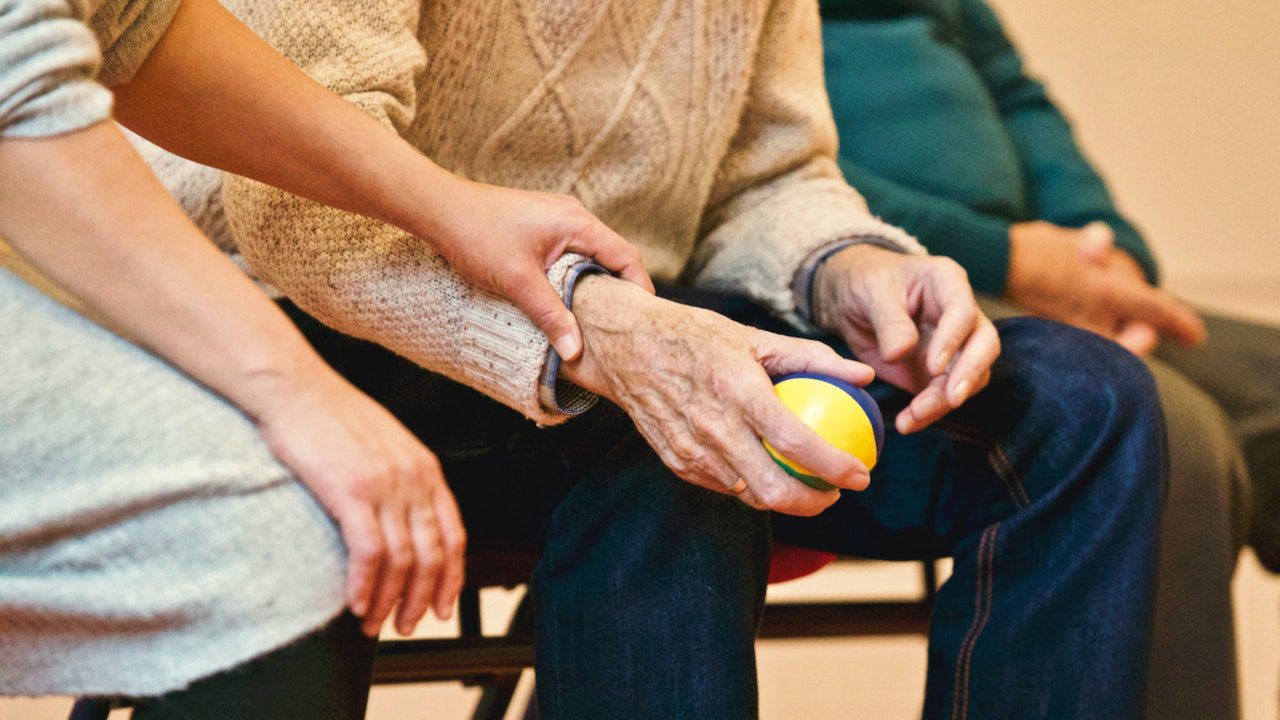Palliative care is a specialized approach to medical care that focuses on providing relief from pain and symptoms, improving the quality of life, and offering emotional and psychological support for patients with serious illnesses, including those in advanced age. It is not limited to end-of-life care, but rather, can be provided alongside curative treatment to address the physical, emotional, and social needs of patients.

It takes a holistic approach, considering the physical, emotional, and social aspects of care, with the goal of improving the overall well-being of the patient. It is often provided by a team of healthcare professionals, including physicians, nurses, social workers, and other specialists, who work together to address the unique needs of each patient.
Table of Contents
Key Benefits of Palliative Care
It offers several key benefits in enhancing the quality of life for elderly patients with serious illnesses.
Relief of Pain and Symptom Management
One of the primary goals of this care is to provide relief from pain and manage distressing symptoms. Elderly patients often experience pain due to chronic illnesses, such as cancer, heart disease, or arthritis, which can significantly impact their quality of life. It focuses on assessing and managing pain and other symptoms, such as shortness of breath, nausea, fatigue, and depression, to improve the comfort and well-being of the patient.
Emotional and Psychological Support
Serious illnesses can take a toll on the emotional and psychological well-being of elderly patients. This includes emotional and psychological support to address the emotional and mental health needs of patients. This can include counseling, psychotherapy, and other interventions to help patients cope with the emotional challenges associated with their illness, such as anxiety, depression, fear, and grief. By addressing the emotional and psychological needs of patients, the palliative care team aims to improve the overall quality of life for elderly patients, helping them cope better with their illness and maintain a positive outlook.
Enhanced Communication and Decision-making
Another key benefit of the care is improved communication and decision-making. The care team works closely with the patient and their family to ensure that their goals, values, and preferences are considered in the care plan. This involves open and honest communication about the prognosis, treatment options, and potential outcomes, empowering the patient and their family to make informed decisions about their care. The care team also provides support in difficult decision-making, such as end-of-life care choices, helping the patient and their family navigate through complex medical decisions with compassion and understanding.
Improved Quality of Life and Patient Satisfaction
It aims to improve the overall quality of life for elderly patients by addressing their physical, emotional, and social needs. By managing pain and symptoms, providing emotional support, and involving patients and their families in decision-making, palliative care can lead to improved patient satisfaction and overall well-being. Studies have shown that patients who receive the care report higher satisfaction with their care and experience a better quality of life, even in the face of serious illness.
Palliative Care in Geriatric Populations
Elderly patients have unique needs when it comes to care. As the aging process brings about changes in physical, emotional, and social aspects of life, elderly patients may require specialized care tailored to their age-related conditions and preferences.
Unique Needs of Elderly Patients
Elderly patients may have multiple chronic conditions, such as diabetes, hypertension, or dementia, in addition to their serious illnesses. It takes into consideration the complexity of managing multiple conditions and develops a comprehensive care plan that addresses the specific needs of elderly patients. This may include medication management, falls prevention, cognitive assessment, and addressing social determinants of health, such as housing and caregiver support.
Challenges in Palliative Care for the Elderly
Providing care for elderly patients can present unique challenges. Communication may be complicated by cognitive decline or language barriers. Elderly patients may have different cultural beliefs or preferences regarding end-of-life care. Mobility issues may impact their ability to access palliative care services. The palliative care team needs to be mindful of these challenges and adapt its approach accordingly to ensure that elderly patients receive care that aligns with their values and preferences.
Read more seniors-related articles.
Interdisciplinary Approach in Palliative Care
This involves an interdisciplinary approach, with a team of healthcare professionals working together to provide comprehensive care for patients.
Team-based Care
The care team typically includes physicians, nurses, social workers, chaplains, and other specialists, depending on the needs of the patient. This interdisciplinary approach allows for a holistic assessment of the patient’s physical, emotional, and social needs and ensures that a comprehensive care plan is developed and implemented. The team works collaboratively, meeting regularly to review the patient’s progress, adjust the care plan as needed, and provide support to the patient and their family.
Role of Different Healthcare Professionals
Each member of the care team has a unique role in providing care to the patient. The physician is responsible for managing the medical aspects of the patient’s care, including symptom management, communication about prognosis, and coordinating with other specialists. Nurses provide hands-on care, including administering medications, monitoring symptoms, and coordinating with other team members.
Social workers assess and address the patient’s social and emotional needs, provide counseling and support, and connect the patient and their family with community resources. Chaplains provide spiritual care, addressing the patient’s spiritual and existential concerns. Together, the interdisciplinary team works collaboratively to provide holistic care to the patient.
Importance of Palliative Care in Elderly Patients
It plays a crucial role in enhancing the quality of life for elderly patients. With aging comes increased vulnerability to serious illness and complex medical needs, and it provides comprehensive and compassionate care that addresses the physical, emotional, and social aspects of the patient’s well-being. By utilizing an interdisciplinary approach, improving communication and decision-making, managing symptoms, and providing support to the patient and their family, palliative care offers numerous benefits to elderly patients, helping them navigate through the challenges of serious illness while maintaining dignity and comfort.
Conclusion
In conclusion, this is a vital component of healthcare for elderly patients facing serious illnesses. It focuses on enhancing the quality of life, managing symptoms, improving communication and decision-making, and providing support to both the patient and their family. It recognizes the unique needs of elderly patients and adopts a holistic approach to address their physical, emotional, and social well-being. Through an interdisciplinary team-based approach, palliative care ensures that elderly patients receive care that aligns with their goals, values, and preferences, promoting dignity, comfort, and improved quality of life.
FAQ’s
What is palliative care?
Palliative care is a specialized form of medical care that focuses on providing relief from pain and symptoms, improving the quality of life, and addressing the emotional, social, and spiritual needs of patients facing serious illnesses.
Is palliative care only for terminally ill patients?
No, palliative care is not limited to terminally ill patients. It can be provided at any stage of a serious illness, regardless of the prognosis. It aims to improve the quality of life for patients and their families, regardless of the outcome of the illness.
Is palliative care the same as hospice care?
While both palliative care and hospice care focus on providing comfort and relief from pain and symptoms, there are differences. Palliative care can be provided alongside curative treatment, and it can be initiated at any stage of a serious illness. Hospice care, on the other hand, is specifically for patients with a prognosis of six months or less to live and focuses on end-of-life care.
Who provides palliative care?
Palliative care is provided by an interdisciplinary team of healthcare professionals, including physicians, nurses, social workers, chaplains, and other specialists, depending on the needs of the patient.
How can I access palliative care for my elderly loved one?
You can discuss palliative care options with your loved one’s primary healthcare provider or ask for a referral to a palliative care team. Palliative care may be available in hospitals, clinics, or even at home, depending on the patient’s needs and preferences.

Leave a Reply